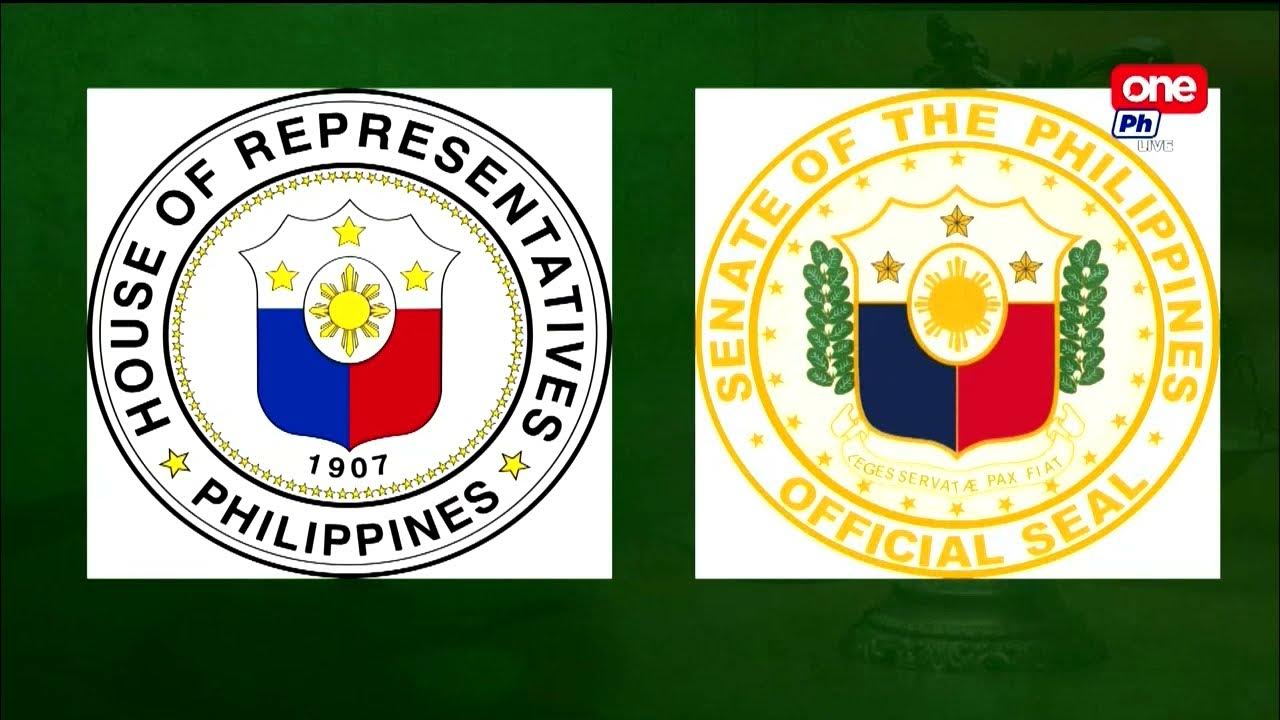In-Depth: POLITICAL DYNASTIES (Overview)
Summary
TLDRThe Philippines' political landscape has long been dominated by powerful dynastic families, with many holding control over local and national power. Despite constitutional efforts to limit political dynasties, these families continue to thrive, making up a large portion of the country's political parties and legislature. Although various bills have been proposed to address this issue, they have been largely unsuccessful. The dominance of political families is further bolstered by their wealth and influence, while the electorate's lack of maturity is seen as a key factor in their persistence. However, there is hope that a more informed electorate and emerging political challengers may eventually bring an end to dynastic rule.
Takeaways
- 😀 Political dynasties have controlled Philippine politics for many years, with power historically held by elite families during the Spanish occupation.
- 😀 The 1987 Philippine Constitution aimed to eliminate political dynasties, but no laws have been passed to define or curtail them.
- 😀 Political dynasties are not unique to the Philippines; other countries such as the US, India, and Malaysia also have influential political families.
- 😀 A significant portion of current Congress members (68%) have relatives who previously served in Congress, showcasing the persistence of dynasties.
- 😀 Politicians from dynastic families tend to have higher net worths, with an average net worth of 52 million compared to 42 million for non-dynastic politicians.
- 😀 Political dynasties control a large percentage of major political parties in the Philippines, including Lakas Kampi, the Liberal Party, and the Nationalist People's Coalition.
- 😀 The presence of dynasties is often linked to their use of power and resources to maintain their political hold, including through the so-called 'guns, goons, and gold' strategy.
- 😀 The 2010 elections showed the continued dominance of political families, with top presidential, vice-presidential, and senatorial candidates coming from dynastic backgrounds.
- 😀 Efforts to pass anti-dynasty legislation have failed repeatedly, with proposals introduced in 2004, 2007, and 2011, yet no significant progress has been made.
- 😀 Experts argue that strengthening political parties, improving electoral processes, and fostering a more informed electorate are essential to reducing the influence of dynasties in the long term.
Q & A
What is the main issue discussed in the transcript regarding Philippine politics?
-The main issue is the persistence of political dynasties in the Philippines, where power is concentrated in a few prominent families, hindering equal access to opportunities for public service.
How did political dynasties in the Philippines begin?
-Political dynasties began during the Spanish occupation, when power was distributed among elite families who owned land, held political rights, and controlled local power.
Are political dynasties unique to the Philippines?
-No, political dynasties are not unique to the Philippines. Other countries, such as the United States (Kennedy and Bush families), India (Gandhi family), Indonesia (Soeharto family), Malaysia (Razak family), and Thailand (Chinawatra family), also have similar political dynasties.
What does the 1987 Philippine Constitution say about political dynasties?
-The 1987 Philippine Constitution states in Article 2, Section 26, that the state shall guarantee equal access to public service and prohibit political dynasties, but the law defining political dynasties has yet to be passed.
What is the extent of political dynasties in the current Philippine Congress?
-A study showed that at least 68% of the current members of Congress have relatives who were members of previous Congresses, demonstrating the dominance of political dynasties.
How do political dynasties impact the economy in the Philippines?
-Political dynasties in the Philippines not only control political power but also have significant influence over the local and national economy. Members of these dynasties tend to be wealthier compared to non-dynastic politicians.
Which political parties are most affected by political dynasties?
-Political dynasties dominate several major political parties in the Philippines, including the Lakas Kampi party (76%), the Liberal Party (56%), the Nationalist People's Coalition (74%), and the Nationalist Party (81%).
What has been the challenge in passing anti-dynasty laws in the Philippines?
-Despite various attempts to pass anti-dynasty laws, including bills filed by senators over the years, the presence of political families in Congress has made it nearly impossible to pass such laws.
What is seen as a potential solution to the problem of political dynasties in the Philippines?
-Strengthening political parties, utilizing technology for fraud-free elections, and creating a more informed electorate are seen as potential solutions to counter the influence of political dynasties.
What is the outlook for the future of political dynasties in the Philippines?
-While political dynasties are deeply entrenched, there is hope that a new generation of politicians and a more mature electorate could eventually lead to the end of political dynasties in the next one or two decades.
Outlines

Dieser Bereich ist nur für Premium-Benutzer verfügbar. Bitte führen Sie ein Upgrade durch, um auf diesen Abschnitt zuzugreifen.
Upgrade durchführenMindmap

Dieser Bereich ist nur für Premium-Benutzer verfügbar. Bitte führen Sie ein Upgrade durch, um auf diesen Abschnitt zuzugreifen.
Upgrade durchführenKeywords

Dieser Bereich ist nur für Premium-Benutzer verfügbar. Bitte führen Sie ein Upgrade durch, um auf diesen Abschnitt zuzugreifen.
Upgrade durchführenHighlights

Dieser Bereich ist nur für Premium-Benutzer verfügbar. Bitte führen Sie ein Upgrade durch, um auf diesen Abschnitt zuzugreifen.
Upgrade durchführenTranscripts

Dieser Bereich ist nur für Premium-Benutzer verfügbar. Bitte führen Sie ein Upgrade durch, um auf diesen Abschnitt zuzugreifen.
Upgrade durchführenWeitere ähnliche Videos ansehen

Analyst: Political dynasties, obese na!

THINK ABOUT IT by TED FAILON - 'Dynasties are Forever?' | #TedFailonAndDJChaCha

2.4 Analysis of the political caricature during the american period.

Crystal Meth and Cartels in the Philippines: The Shabu Trap

Ocupação Marielle Franco: famílias têm que sair de terreno até segunda-feira

सियासी उठापटक के बीच Tejashwi Yadav का आया बयान, मीटिंग में पूछा सवाल
5.0 / 5 (0 votes)
